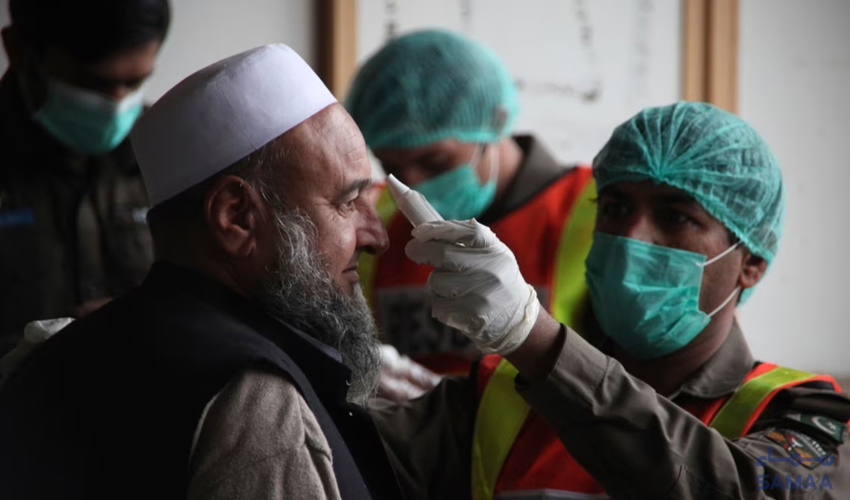The echoes of COVID-19 haven't completely faded in Pakistan, as the National Institute of Health (NIH) has confirmed 16 new cases reported across the country in the last week (December 24th to 30th).
While the number may seem small compared to the peak of the pandemic, it signals a resurgence of the virus and reignites concerns about potential further spread.
During the period from December 24 to 30, NIH conducted a rigorous testing regime, amounting to 3,609 coronavirus tests conducted nationwide. This extensive testing aimed to monitor and identify any potential spread or emergence of COVID-19 cases within the population.
Meanwhile, global health concerns have heightened with the emergence and spread of the new variant of the coronavirus, identified as JN-1. According to the World Health Organization (WHO), this new variant has been detected in 41 countries, sparking a worldwide alert and renewed efforts to monitor its spread and impact.
For Pakistanis, it’s crucial to remain vigilant, maintaining basic hygiene practices like mask-wearing and social distancing, especially in crowded settings. Additionally, staying informed about the latest developments regarding the JN-1 variant and any potential risks it poses is vital.
For Pakistani authorities, this resurgence necessitates a proactive approach. Continued monitoring of the situation, scaled-up testing, and efficient contact tracing are crucial to prevent any potential outbreaks. Additionally, ensuring that vulnerable populations have access to necessary healthcare resources and communicating clear public health guidelines remain essential priorities.



























